Jointly organized by the United Nations Development Programme and the United Nations Environment Programme, a high-level policy dialogue on environmental protection was held in Beijing on April 28, 2022. Key stakeholders from three different generations of China's top environmental leadership attended it both online and offline.
This stakeholder meeting is one of many national consultations being held around the world in the lead-up to the international meeting "Stockholm 50: a healthy planet for the prosperity of all--our responsibility, our opportunity" taking place in Stockholm, Sweden, on June 2-3, 2022. The meeting will mark the 50th anniversary of the 1972 United Nations Conference on the Human Environment and the adoption of the Stockholm Declaration, the first document to put the interconnections between development, poverty and the environment at the forefront of the international agenda.
Kanni Wignaraja, UN assistant secretary-general and director of the UNDP's Regional Bureau for Asia and the Pacific, emphasized that the Stockholm 50 consultations around the world, including this event, bring together thought leaders, policymakers and practitioners to influence, to build a shared vision and to take that vision forward together, with the money, policies and institutions it requires.
Dechen Tsering, director of the UNEP's Asia and the Pacific Office, stated that this national consultation will inform and feed into the outcome of the international meeting in Sweden. We hope to contribute by yielding clear and concrete recommendations for action at all levels, including through strengthened cooperation, Dechen said.
Huang Runqiu, China's minister of ecology and environment, stressed that it is the common responsibility for all countries to protect the ecology and environment. Building on our previous achievements, let's join hands to forge ahead for a clean and beautiful world, and pass the azure sky, blue ocean, clear water and green mountains to the coming generations, Huang said.
Keynote speakers offered insights on the future outlook for environmental protection in China and globally, and the need for multilateral action to halt the degradation of nature moving forward, and keep the Paris Agreement's goal of keeping the global temperature increase to 1.5 C or less, relative to pre-industrial levels.
Qu Geping, former chairman of the Environmental Protection and Resources Conservation Committee of the National People's Congress and the first administrator of the former Environmental Protection Agency in China, said that in the course of human environmental protection, China is transforming from a passive recipient and active participant to a major player. The world and China are interdependent and interconnected.
Xie Zhenhua, China's special climate envoy, emphasized the need to commemorate the 50th anniversary of the United Nations Conference on the Human Environment to revisit the spirit and intention of the conference, and adhere to and implement the consensus reached by the international community through tangible actions and cooperation.
Siddharth Chatterjee, UN resident coordinator in China, said that a 50-year anniversary represents a historic milestone for the UN and China's partnership in environmental cooperation, and this is only the beginning.
Helena Sangeland, Sweden's ambassador to China, said the 1972 conference and the subsequent outcomes were by no means a foregone conclusion, but in the end helped to place environmental concerns at the forefront on the international agenda. Fifty years on, we are faced with new global challenges, with an even greater urgency, Helena said.
This policy dialogue also included a panel discussion exploring the nexus between climate, biodiversity and prosperity in the Chinese context, with a focus on ensuring a just and inclusive transition toward a low-carbon economy. It concluded with a commemoration of both China and Sweden's efforts in environmental protection highlighted by the presentation of the book titled "Ocean Currents are Still Protecting Us", co-authored by Qu Geping, Li Lailai and Mans Lonnroth, exploring the significance of the 1972 Stockholm conference.








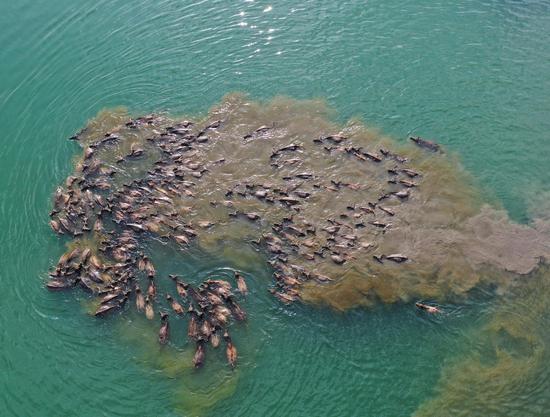
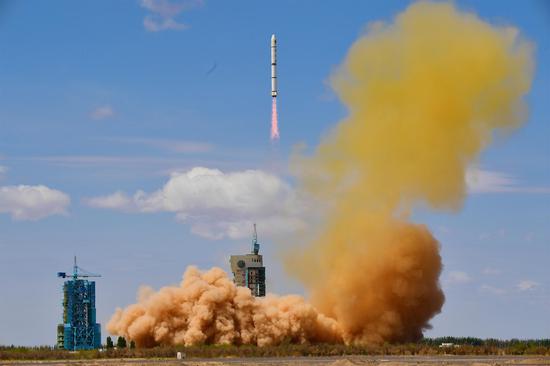
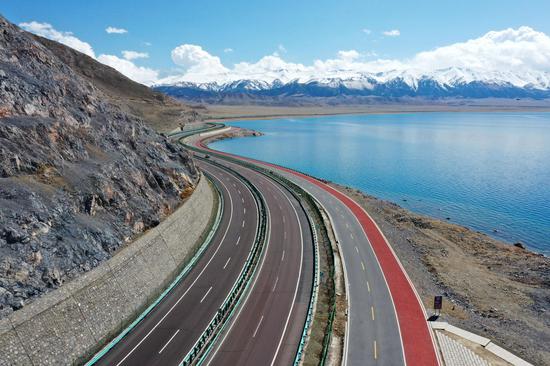
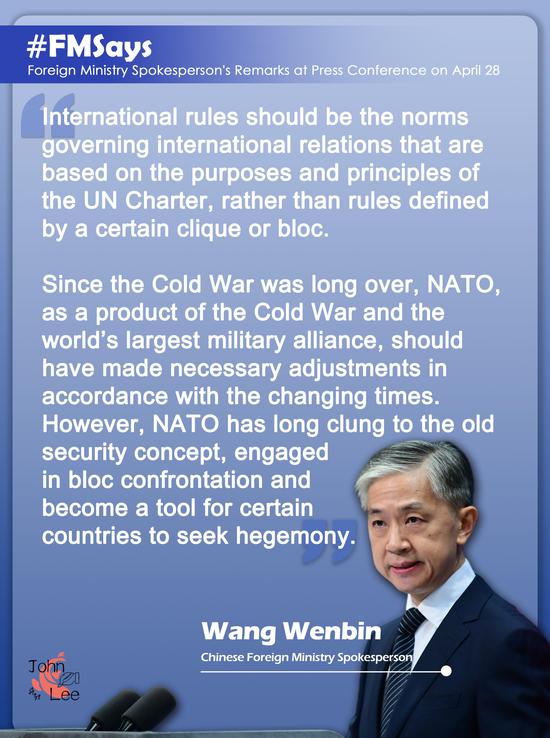
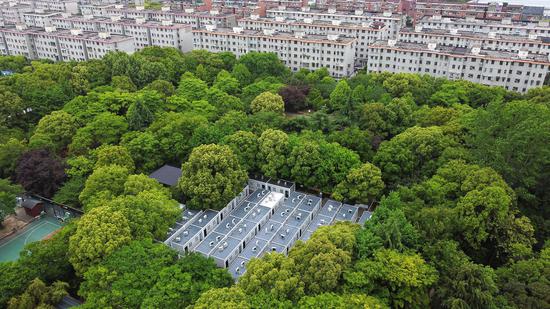



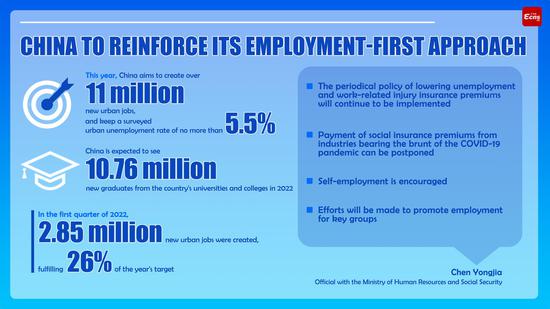
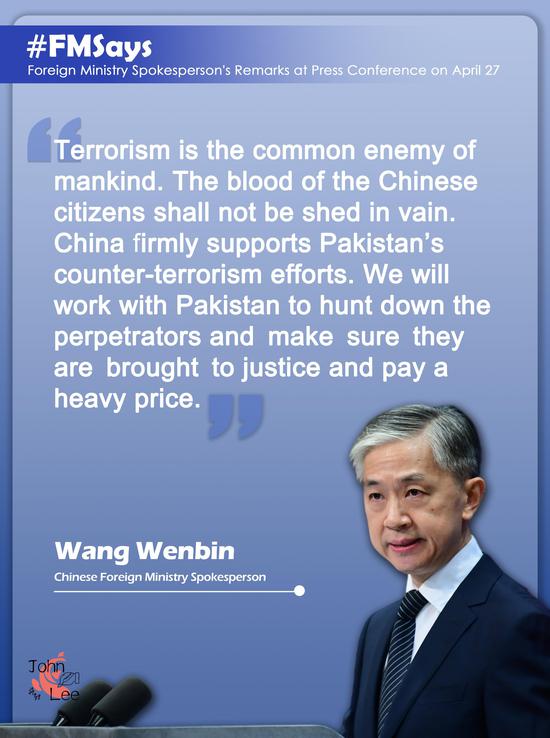



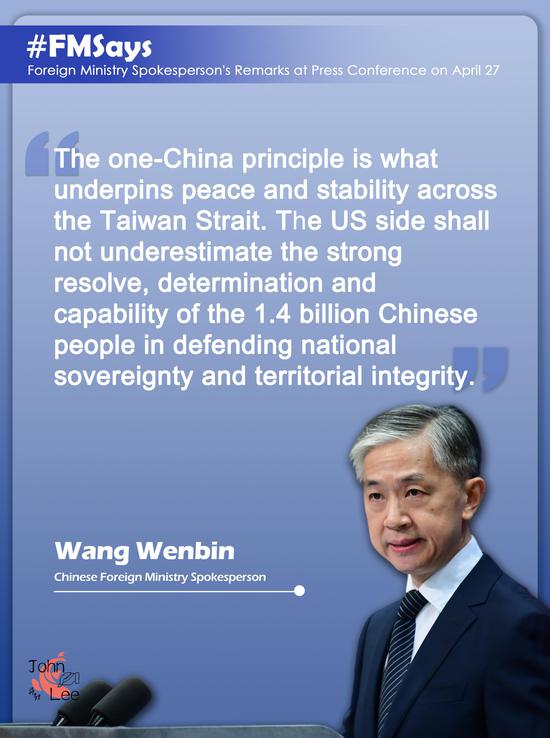
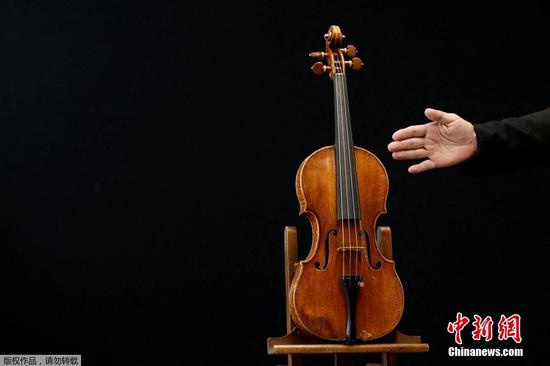


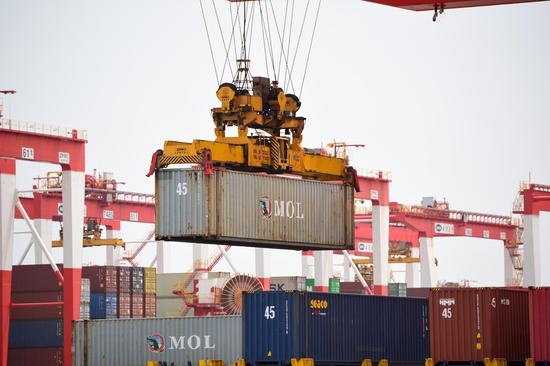

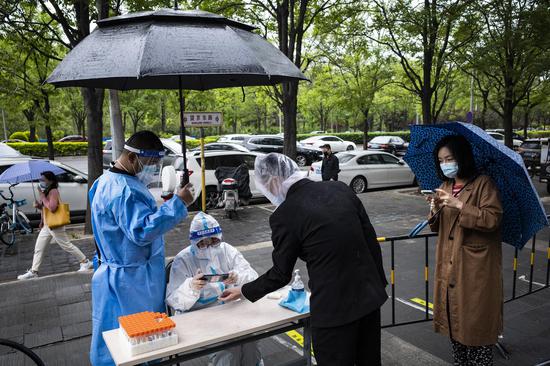

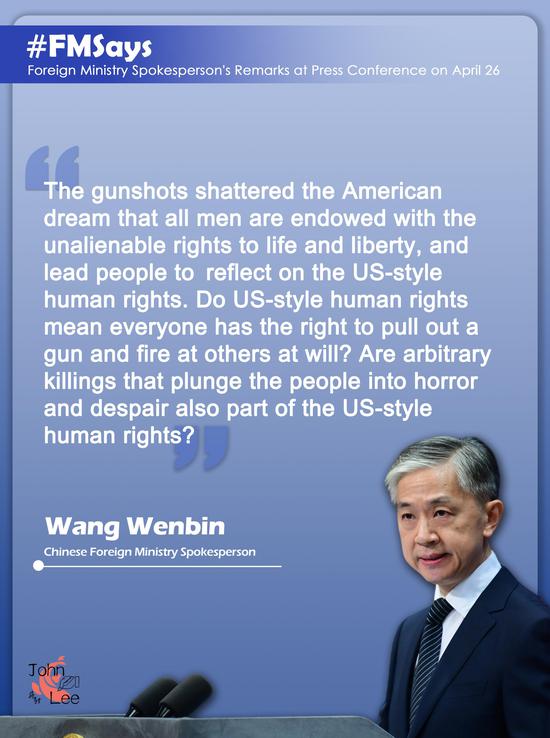
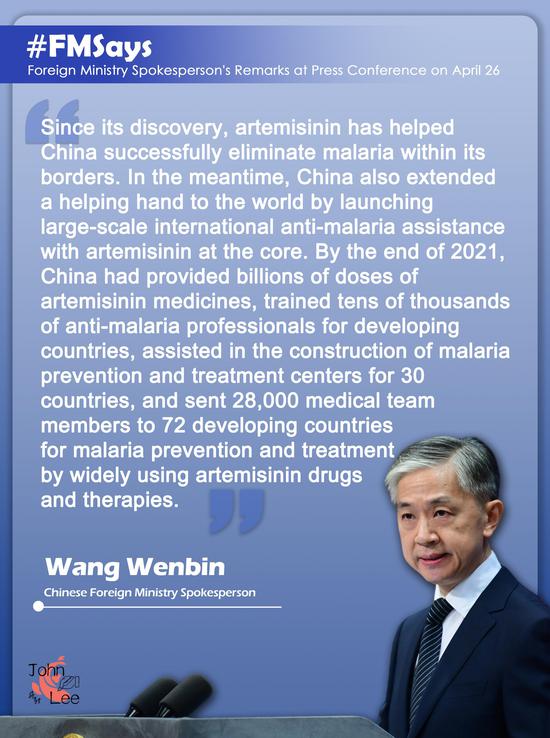
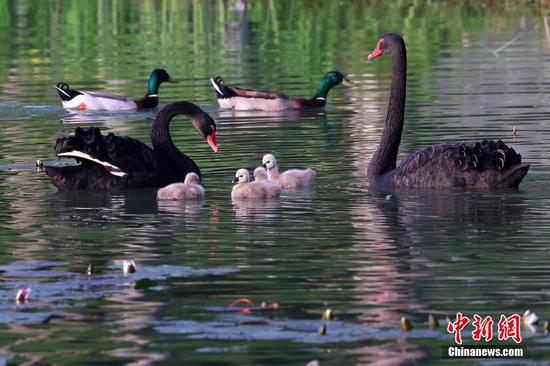
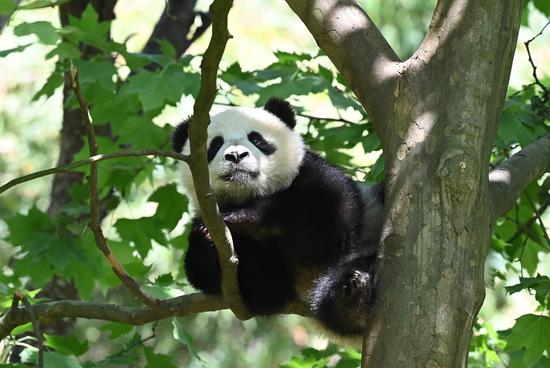
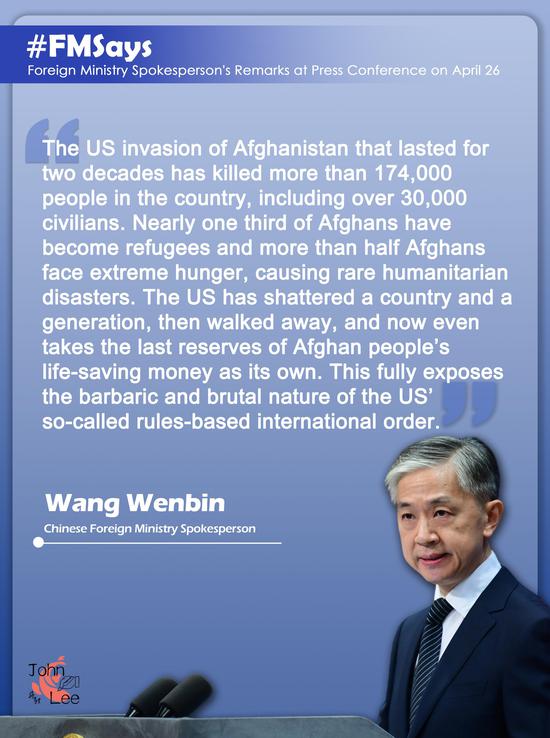



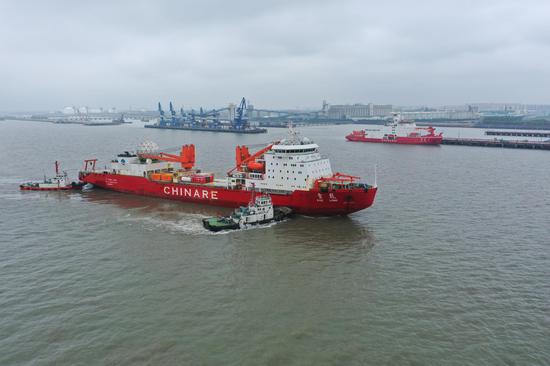

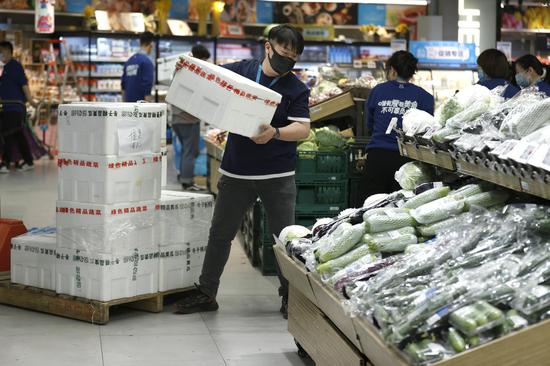

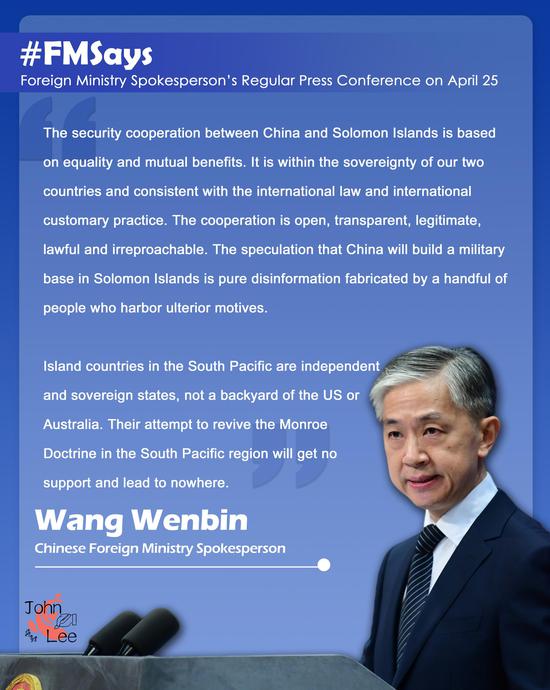
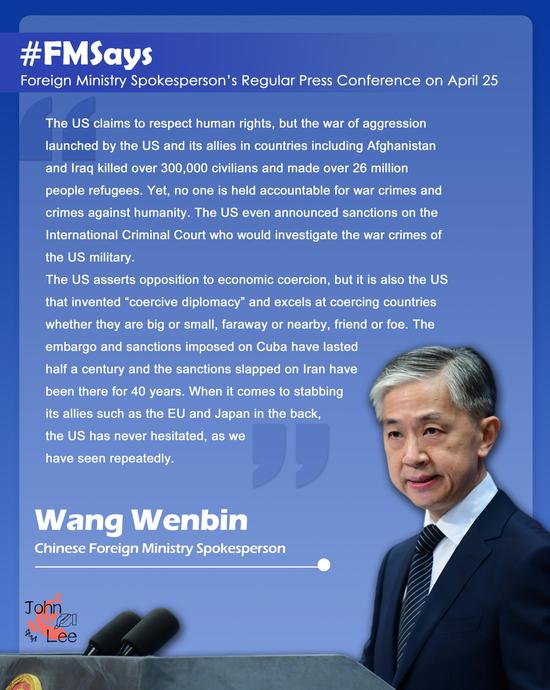
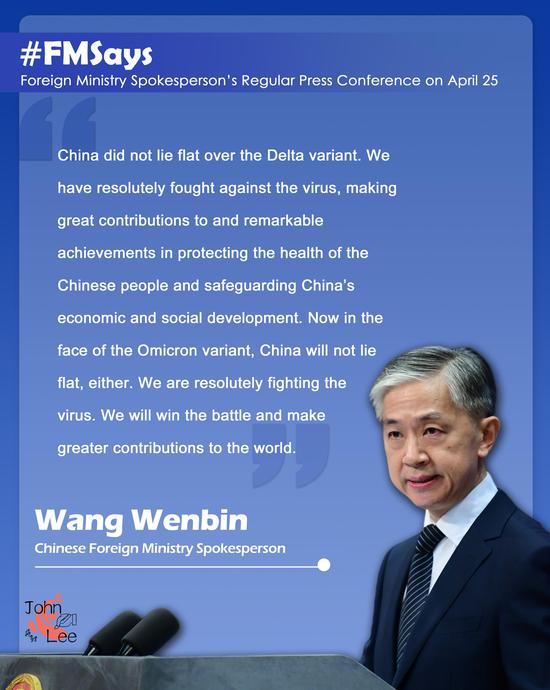
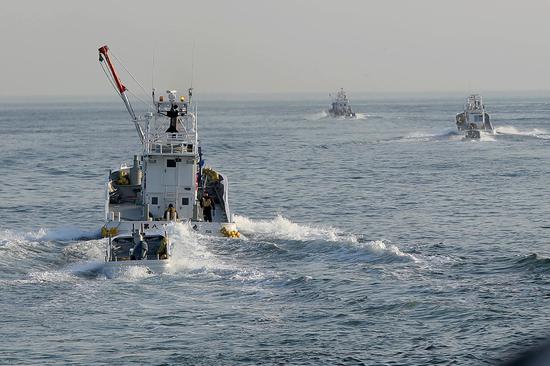





 京公网安备 11010202009201号
京公网安备 11010202009201号